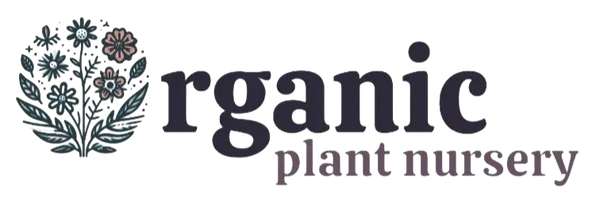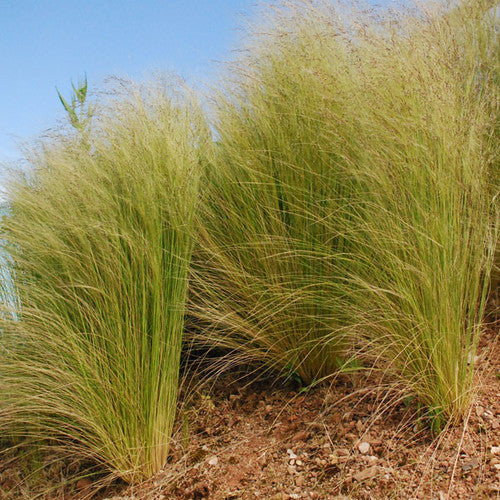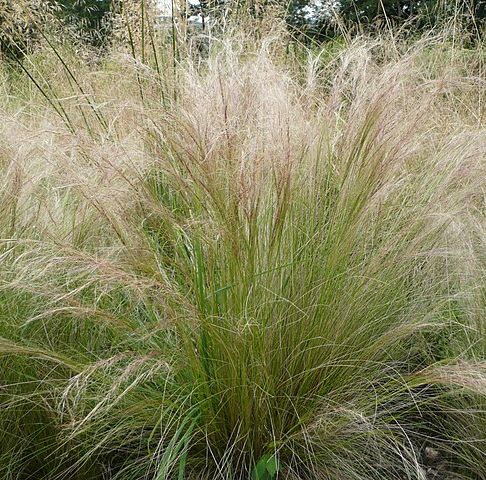Shop plastic-free garden organic plants from our sustainable online organic plant nursery
Shop eco friendly plants from our family run organic plant nursery
shop by plant or setting

mail order
organic nursery

free shipping
over £50
Royal Mail tracked shipping
Plastic free eco packaging
£5 flat rate delivery or
FREE shipping over £50 spend

carbon neutral plant nursery
So that's from the start of the supply chain to your door

Lawnmower
guarantee
Even if you've ran your flowers over with a lawnmower!
We follow sustainable organic gardening principles set by the Soil Association
We grow our plants without plastic - no plastic plant pots or labels, and plastic-free packaging. I either harvest from reclaimed wooden troughs or grown in woodfibre biodegradable pots that can be planted straight into your garden.
We rely on organic and natural pest control - so there are no nasty residues to harm the bees in your garden.
Both the RocketGro compost and the wool, braken and comfrey compost from Dalefoot Farm I use in the plant nursery is certified organic peat-free and feeds plants organically
Bestselling garden plants
UK gardening for carbon capture
@organicplantnursery in customer gardens
Frequently Asked Questions Information
To reduce paper waste I don't send out individual growing guides with the plants, but each plants basic information like plant height and sunlight requirements can be found on the plant's biodegradable tag
I'm not able to post internationally, or even completely to all of the UK - Northern Ireland or the Channel Islands are not doable at present I'm afraid. Sorry! Talk to Boris...
Due to insurance considerations, we are not open to the public in person or have a shop - we do trade at local markets during the spring and summer though, and of course our full organic garden plant catalogue is available year round here for easy website ordering.
Our plants are grown without the use of synthetic pesticides, herbicides, or fertilisers. I rely on natural methods to maintain soil health, prevent pests, and feed my plants and, where available, select organic seeds and only use organic sundries.
Organic nursery plants are better for the environment, wildlife, and human health than conventionally grown plants. Remember- any chemicals in the compost or on the leaves of a coventially grown flower or veg will then end up in your garden, potentially killing soil life and pollinators
The difference between organic and non-organic plants is to do with the way they are grown and treated. Organic growing means propogating and gardening without the use of manufactured synthetic chemicals - pesticides, herbicides, fungicides, and fertilisers. Standards of soil health, biodiversity, and sustainability are maintained to create healthy, balanced growing systems. Non-organic plants are grown using various synthetic products.
The benefits of organic herbs and plants:
* They are better for the environment: massive reductions in pollution, waste, and greenhouse gas emissions.
* They are better for wildlife: they support natural ecosystems and avoid harming insects and birds.
* They are better for human health: There are no pesticide or herbicide residues on your organic growing home vegetable plants and herbs that have been linked with serious health effects.
But there's swings and roundabouts in everything - some drawbacks of organic plants:
* They are more expensive, as they require more labour and space to produce, and the resources are more expensive.
* They are not necessarily safer, as they can still be contaminated by bacteria, fungi, or pests. However, we are inspected each year by DEFRA and have been approved as a safe supplier because our processes consider the risks and limitations involved with being an organic grower.
The benefit of non-organic plants:
* They are cheaper, as they use environmentally damaging synthetic products to enhance growth and productivity.
And the drawbacks:
* They are worse for the environment, as they contribute to pollution, waste, and climate change - for instance excessive nitrogen runoff gets into watercourses and seas, causing algae blooms which choke off oxygen to fauna and flora.
* They are worse for wildlife because they disrupt natural ecosystems and harminsects and birds.
* They are worse for human health - pesticide and herbicide residues have been linked with serious health conditions.
Organic gardening is a way of growing plants that follows natural systems and cycles, aiming to improve the health of the soil, plants, wildlife, and gardeners theselves. Organic gardening is sustainable, with an emphasis on using resources responsibly and respecting the diversity of life in the garden. Importantly, no synthetic chemicals like glyphosate or chemical fertilisers are employed due to the negative long term consequences of their use
The benefits of organic gardening are:
* It reduces pollution and waste, and conserves water and energy.
* It enhances soil fertility and structure, and prevents soil erosion and degradation.
* It can attract beneficial insects and birds, and control pests and diseases naturally.
* It can foster a sense of connection and community, and increase awareness and appreciation of nature.
If you are interested in organic growing, you can start by following some simple principles:
* Build and maintain soil health by adding organic matter like compost and manure, and avoiding soil compaction and disturbance.
* Encourage biodiversity by planting a variety of perennials, flowers, shrubs and herbs, and creating habitats for wildlife like ponds and hedges.
* Use resources responsibly by reducing, reusing, and recycling materials, collecting rainwater and using mulch to conserve moisture.
* Avoid using harmful chemicals by choosing pest and disease resistant plants, using natural methods like plant rotation, companion planting, and biological control to manage problems.
* Maintain a healthy growing area by keeping it clean and tidy.
Business Address
Organic Plant Nursery
Gregory Avenue
Porchester Gardens
Nottingham
NG3 6BW









